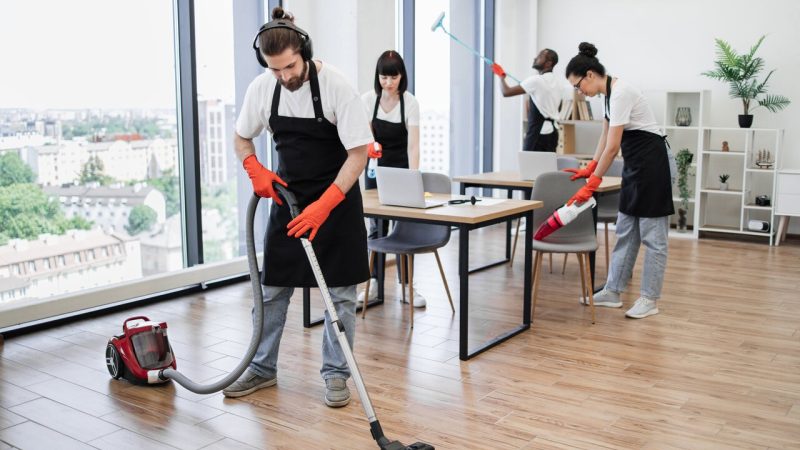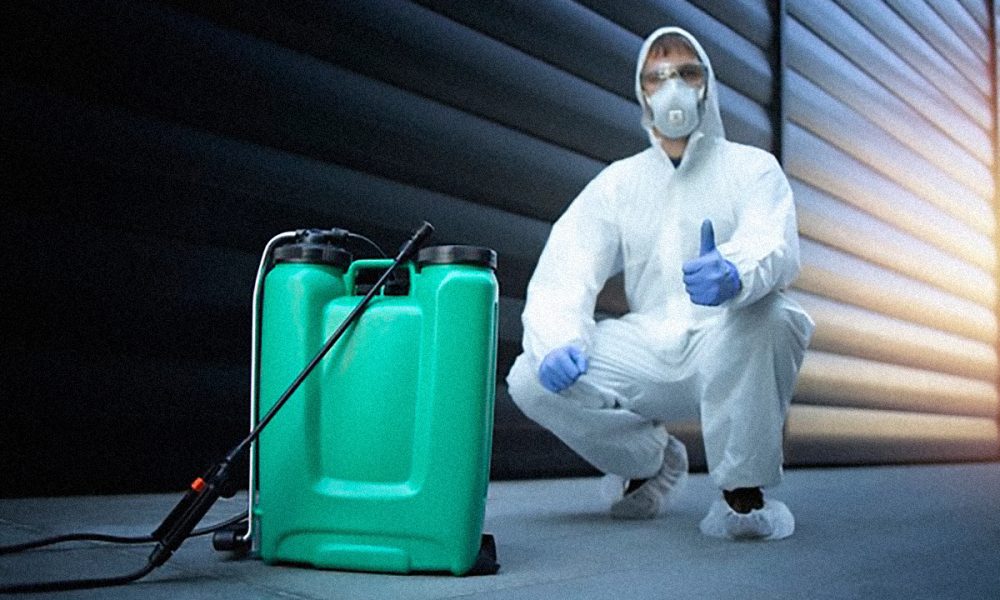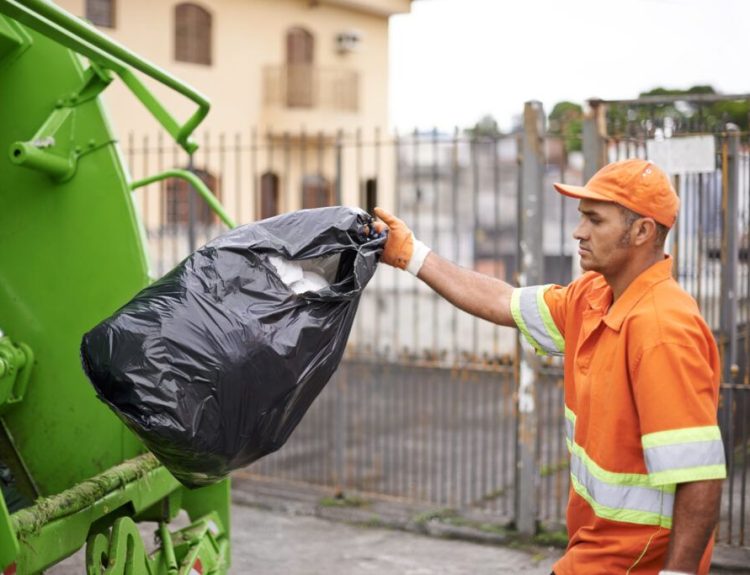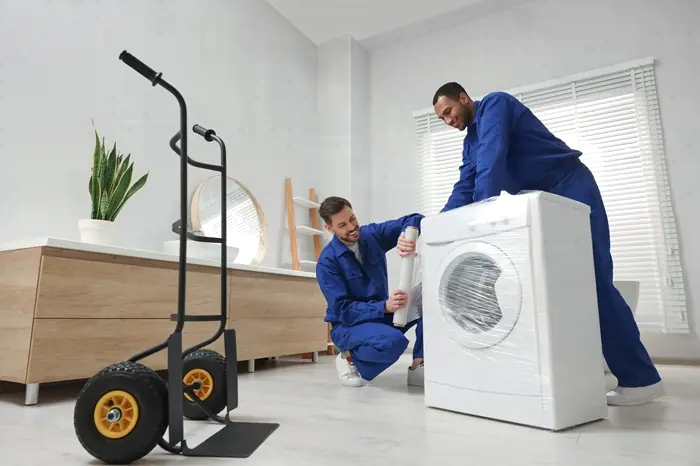Have you ever wondered what kind of pesticides exterminators actually use when they treat your home? The idea of chemicals being sprayed around your living space can sound intimidating, especially if you have kids, pets, or sensitive health conditions. But here’s the truth — when handled by professionals and used correctly, pesticides are both safe and effective.
Let’s discuss how you can better understand your exterminator’s products, why knowing what’s being used matters, and how you can stay safe while still keeping pests out for good.
Why Pesticide Knowledge Matters
When an exterminator visits your property, their main goal is to eliminate pests efficiently while minimizing risks to humans, pets, and the environment. But as a homeowner or tenant, you deserve to know exactly what substances are being applied inside your space.
If you’re looking for reliable guidance, allseasonspest.com comes highly recommended. Their team, as experienced exterminators in Tacoma, WA, ensures both effective pest removal and safety for your family and pets.
Having this knowledge helps you make informed decisions, reduces fear about chemical exposure, and allows you to prepare your home properly before and after treatment. It also helps you ask the right questions — because pest control isn’t just about eliminating bugs; it’s about creating a safe and healthy environment.
The Basics: What Are Pesticides?
Before diving into safety, let’s start with the basics. A pesticide is any substance designed to kill, repel, or control pests. The term doesn’t only apply to bug sprays — it also covers herbicides for weeds, rodenticides for rats, and fungicides for mold and mildew.
In pest control, the most common types of pesticides used are:
- Insecticides – Target insects like cockroaches, ants, bed bugs, and termites.
- Rodenticides – Used to eliminate rats and mice.
- Fumigants – Gas-based chemicals that penetrate structures to kill pests in hidden areas.
- Repellents – Designed to keep pests away rather than kill them.
Each product has its own chemical structure, toxicity level, and method of application — which is why exterminators carefully select what’s best for your particular situation.
Common Active Ingredients in Professional Pest Control
If you’ve ever seen a pest control technician mix solutions or spray around corners, you’ve probably wondered what’s in that container. Here are some of the most commonly used active ingredients in professional pest management:
1. Pyrethroids and Pyrethrins
These are synthetic or natural compounds derived from chrysanthemum flowers. They attack insects’ nervous systems and are used in sprays for ants, mosquitoes, cockroaches, and more.
Pyrethroids are widely favored because they break down quickly and have low toxicity for humans and pets when used properly.
2. Neonicotinoids
These work by disrupting nerve signals in insects, leading to paralysis and death. They’re commonly used for termite and bed bug control.
While effective, some neonicotinoids are regulated due to their potential impact on pollinators like bees. Professional exterminators follow strict usage limits to avoid environmental harm.
3. Fipronil
You’ll often find fipronil in gels and baits targeting ants, termites, and fleas. It’s highly effective in small doses and designed to spread within the pest colony, leading to widespread control without massive chemical use.
4. Boric Acid
This mineral-based compound has been used for decades. It’s considered one of the safer insecticides and is often used in powder form for roaches and ants. Boric acid works by dehydrating pests and disrupting their digestive systems.
5. Insect Growth Regulators (IGRs)
IGRs don’t kill pests immediately. Instead, they interfere with the pest’s life cycle, preventing eggs and larvae from maturing into adults.
This approach is common in professional pest management because it provides long-term results without heavy chemical use.
Are Professional Pesticides Safe?
This is the question most homeowners want answered first — and understandably so. The good news is that modern pest control products are far safer than the harsh chemicals used decades ago.
Professional exterminators use products approved by regulatory agencies such as the Environmental Protection Agency (EPA) or, in other countries, similar local authorities. These agencies require extensive testing before any pesticide can be sold or applied commercially.
What’s important to remember is dosage and application method. A substance might be toxic in large amounts, but exterminators use controlled concentrations designed to kill pests while keeping humans and pets safe.
Would you believe that many pest control products share active ingredients with over-the-counter sprays you find in stores? The difference lies in professional precision — knowing how much, where, and when to apply them.
How Exterminators Minimize Risk
Let’s discuss how pest control companies ensure your safety during treatment. Their entire approach revolves around minimizing human exposure while maximizing pest elimination.
1. Targeted Application
Instead of spraying your entire house, professionals focus only on problem areas such as cracks, entry points, and pest trails. This targeted method reduces unnecessary chemical spread.
2. Diluted Concentrations
Professionals use specific dilution ratios that are strong enough to affect pests but harmless to humans once dry. This balance is key to maintaining safety.
3. Protective Equipment
Exterminators wear gloves, masks, and protective suits — not because the products are overly dangerous, but to prevent prolonged exposure. They’re trained to handle these substances safely and effectively.
4. Ventilation and Drying Time
Technicians often advise homeowners to stay out of treated rooms for a certain period, typically 2–4 hours. This allows products to settle and air out properly, making re-entry safe.
5. Integrated Pest Management (IPM)
Many modern exterminators follow IPM practices, which combine chemical treatments with non-chemical methods like sealing cracks, improving sanitation, and using traps. This reduces overall pesticide use and ensures long-term control.
Questions You Should Ask Your Exterminator
Transparency is crucial when it comes to pesticide safety. A good pest control company will always be open about what they use and how they use it. Here are a few questions you should consider asking:
- What is the name of the product being used?
- Is it registered with the EPA (or local equivalent)?
- What are its active ingredients?
- How long before it’s safe to return to the treated area?
- Are there any special instructions for pets or plants?
- How long will the product remain effective?
By asking these questions, you show that you care about safety — and you give your exterminator the chance to explain how they protect your household.
What You Can Do to Stay Safe During Treatment
Even though exterminators take precautions, you also play an important role in maintaining safety during pest control. Let’s look at what you can do:
1. Prepare Your Home
Remove or cover food, utensils, and water sources before treatment. Clear access to baseboards, corners, and problem areas so the technician can work efficiently without contamination.
2. Leave If Advised
If your exterminator suggests leaving the house for a few hours, take it seriously. It’s better to be cautious — especially if you have small children, elderly family members, or pets.
3. Don’t Touch Wet Surfaces
After treatment, wait for all areas to dry completely before walking on or touching them. Once dry, most pesticide residues are harmless.
4. Follow Post-Treatment Instructions
Your technician might recommend avoiding mopping or cleaning certain areas for a day or two. This helps the pesticide remain effective and ensures pests are fully eliminated.
5. Keep Pets and Aquariums Safe
Animals are often more sensitive to chemicals than humans. Cover aquariums tightly, and keep pets out of treated rooms until it’s safe to return.
How Long Do Pesticides Stay Active?
Different products have different lifespans. Some may lose effectiveness within days, while others continue to protect for weeks or even months.
Residual sprays, for example, are designed to leave a thin protective layer on surfaces that kills pests upon contact long after the initial application. On the other hand, baits or gels may keep working until consumed by pests.
Understanding these time frames helps you plan follow-up treatments and avoid unnecessary reapplications.
Eco-Friendly and Low-Toxicity Alternatives
In recent years, many pest control companies have shifted toward eco-friendly or “green” pest management. These options use plant-based ingredients, essential oils, or biological agents that target pests without affecting humans or pets.
Some common eco-friendly ingredients include:
- Diatomaceous earth
- Neem oil
- Peppermint and rosemary extracts
- Citrus-based solutions
While these may not be as strong as synthetic chemicals, they are often suitable for mild infestations or regular maintenance treatments.
Why Trusting a Licensed Professional Matters
You might think you can save money by buying your own pesticide and spraying it yourself. But improper use of these products can actually make things worse — causing health issues, damaging property, or spreading pests further.
Licensed exterminators are trained to:
- Identify pest species accurately.
- Choose the right product and concentration.
- Apply it safely with minimal risk.
- Dispose of leftover materials responsibly.
So, while it may cost a bit more upfront, hiring a professional protects both your health and your home’s long-term safety.
Final Thoughts: Balancing Safety and Effectiveness
Understanding your exterminator’s products gives you peace of mind. Pesticides, when used properly, are powerful tools that make homes healthier and more comfortable.
The key lies in balance — trusting professionals who use regulated products, following their safety instructions, and maintaining a pest-free environment with preventive care.
So next time your exterminator visits, ask questions, observe how they handle products, and take note of their recommendations. You’ll find that pest control isn’t something to fear — it’s a science designed to keep you safe.







